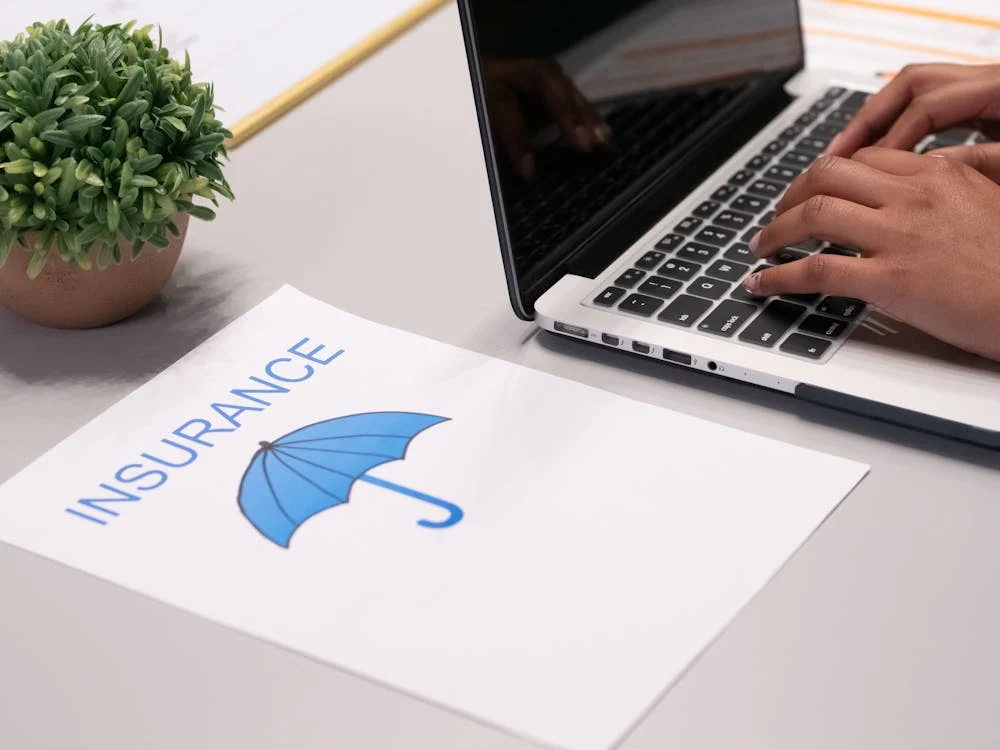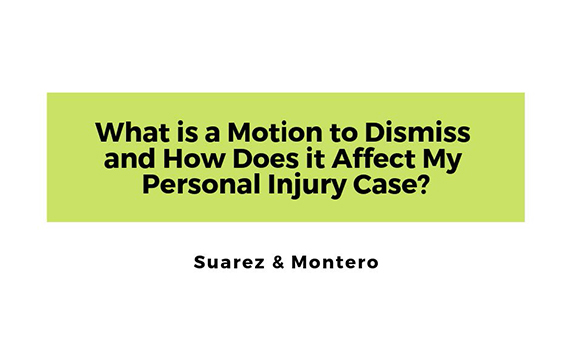
How Does the Collateral Source Rule Work in Florida?
Generally, the collateral source rule permits an injured party to recover full compensatory damages regardless of any payment from sources other than the Defendant. The rule also prohibits the introduction of any evidence of payments from collateral sources to be introduced at trial. In Florida, however, the first part of the rule has been abolished by Fla. Stat. § 768.76. Under Florida law, a court must reduce a damages award by deducting payments made by certain independent sources.
The general rule is stated in section 768.76(1) as follows: “In any action to which this part applies in which liability is admitted or is determined by the trier of fact and in which damages are awarded to compensate the claimant for losses sustained, the court shall reduce the amount of such award by the total of all amounts which have been paid for the benefit of the claimant, or which are otherwise available to the claimant, from all collateral sources.”
Deductions from the total damages awarded to an injured party are limited to payments made by an entity that meets the statutory definition of a collateral source. Section 768.76(2)(a) classifies the deductible collateral source payments within four broad categories:
- Disability and Medical expense Payments made under the Social Security Act, the provisions of a state or local disability act, and other public programs providing similar benefits
- Payments under health and accident insurance policies
- Payments under a contract to reimburse the cost of hospital, medical, dental, or other health care services
- Payments made under a wage continuation plan designed to cover the payments of wages during a period of disability.
Tip: Life insurance benefits are excluded by section 768.76(2)(a) 2. Thus, the amount of money paid under a life insurance policy cannot be deducted from the amount of damages awarded to the plaintiff in a wrongful death action. Public medical benefits are also excluded. Section 768.76(2)(b) states that payments under Medicare or Medicaid or a state medical services program are not to be deducted from the total damages awarded to the injured party.
After any type of crash, you should consider talking to a car accident lawyer to learn what your rights and obligations are under the law. Let the personal injury attorneys at Suarez & Montero review the circumstances of your case and discuss your legal options. Our attorneys are ready to provide proven legal representation in pursuing your claim and stand ready to protect your rights.
Contact us today at 786 Lawyers for a free consultation!





